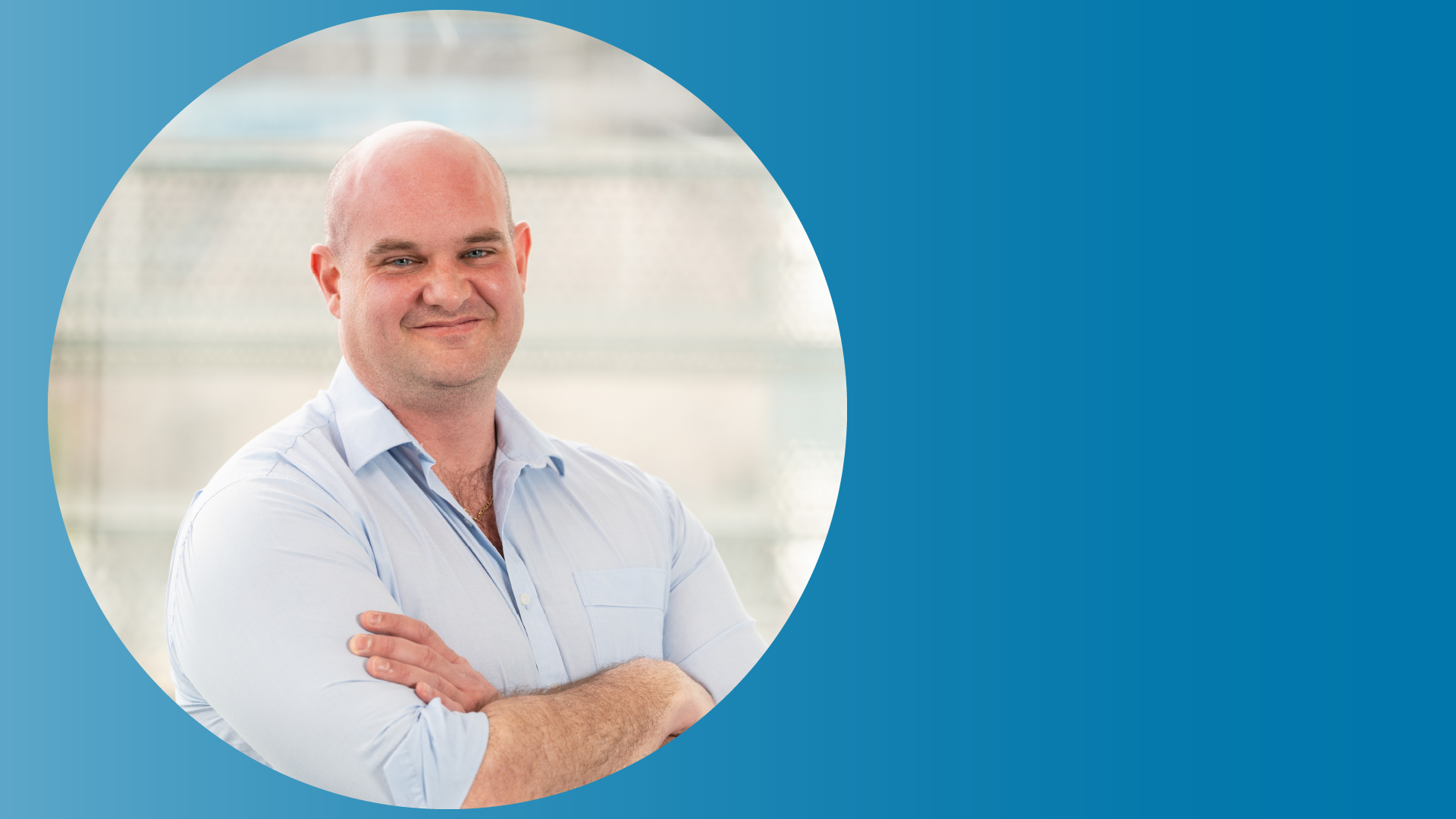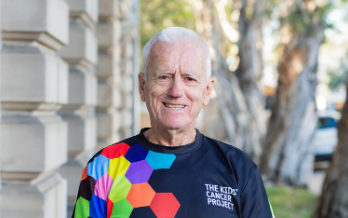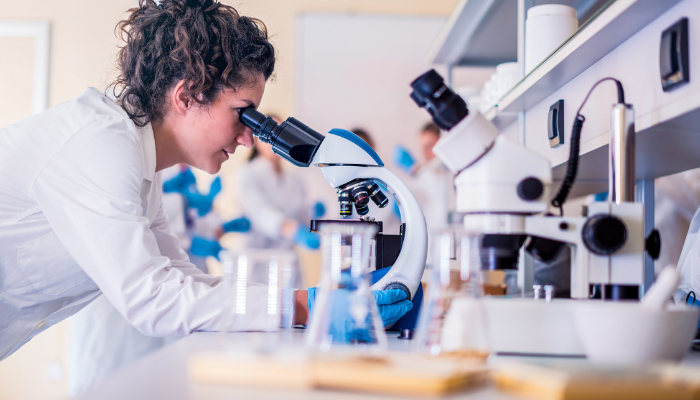Col Reynolds Fellow, Dr Ryan Cross

Recipient: Dr Ryan Cross
Institute: The Walter and Eliza Hall Institute of Medical Research
Funding: $618,000 January 2025 – December 2027
Fusing scientific acumen, immunotherapy understanding and a proven track record in Chimeric Antigen Receptor (CAR) T-cell therapy innovation, Dr Ryan Cross is one of nine new Col Reynolds Fellow in 2024.
The Melbourne native’s current project, based at The Walter and Eliza Hall Institute of Medical Research (WEHI), focuses on Paediatric High-Grade Glioma (pHGG), utilising his understanding of T-cells to fight the rare and aggressive brain cancer found amongst children.
The new Col Reynolds Fellow details how generous donations made to The Kids’ Cancer Project will assist him in his quest to improve survival rates for kids diagnosed with pHGG.
What inspired you to pursue a career in childhood cancer research?
Working in a cancer hospital for seven years and constantly interacting with patients and their families instilled a deep desire in me to contribute to finding better treatments and hopefully cures for these devastating diseases.
As a biologist, I couldn’t design new drugs, but I could learn to design new cell therapies, such as Chimeric Antigen Receptor (CAR) T-cell therapy. With this knowledge in mind, the immediate and clear clinical need for brain cancer appealed to me.
As a new father interacting with parents whose children have been diagnosed with brain cancer has impacted me deeply and is a major driver in wanting to develop effective, safe, and long-lasting therapies for these kids.
Why did you choose to focus on that particular cancer?
The aggressive nature and poor prognosis of Paediatric High-Grade Glioma (pHGG) struck a chord with me, especially after meeting several families who faced this diagnosis. Their stories of bravery and the urgent need for better treatments motivated me to focus my research on this area. I believe that by dedicating our efforts to this challenging cancer, we can make a significant impact on the lives of these children and their families.
What is your current childhood cancer research project?
The primary focus is on Paediatric High-Grade Glioma (pHGG), a type of brain cancer in children that is very difficult to treat, with poor survival rates. A new treatment approach, CAR T-cell therapy, harnesses the immune system and offers new hope. Essentially, the therapy involves modifying a child's T cells to target and destroy their tumour. This has shown some success in specific types of paediatric brain cancer.
The current goal is to extend this success to more children with pHGG by developing new CAR T cell therapies. We are creating these therapies using data from analysing the proteins on the surface of fresh tumour samples. We have identified a list of new targets and are combining these targets into multi-targeting therapies to better address the variety within pHGG tumours.
Additionally, we are designing advanced gene circuits to enhance the effectiveness of the CAR T cell, which will allow for more effective penetration of tumours from CAR T cells, as they will be able to recognise and attack the cancer cells specifically and could lead to higher survival rates and better quality of life.
What do you hope the ultimate outcome of your research will be and how will it impact the lives of kids with cancer?
I hope our research will lead to significant advancements in treating pHGG, turning a once devastating diagnosis into a manageable condition with much better survival rates. The ultimate goal is to provide effective, safe, and personalised treatment options that offer these children a chance at a normal, healthy life. Success in this area would also pave the way for similar breakthroughs in other childhood cancers, bringing hope and relief to countless families.
How does it feel to be a recipient of the Col Reynolds Fellowship?
Receiving the Col Reynolds Fellowship is an incredible honour and a significant boost to my career. It provides essential funding and resources that enable me to focus on advancing my research. This support allows me to explore innovative ideas and collaborate with leading global experts, accelerating the development of new treatments for childhood cancer. It also validates the importance of our work and motivates me to strive even harder to achieve our goals.
The funding for research is raised from The Kids’ Cancer Project’s community of donors. Would you like to share a message of thanks to those donors?
I am deeply grateful to The Kids’ Cancer Project donors for their generous support. Your contributions are crucial in making our research possible and giving hope to children and families affected by cancer. Your commitment to funding innovative research is driving real progress in the fight against childhood cancer. Thank you for being a vital part of this journey towards better treatments and cures.
In addition, I want to emphasise the importance of continued support for research and collaboration. The journey to finding better treatments and cures for childhood cancer is challenging and requires the collective efforts of scientists, healthcare professionals, families, and, of course, donors. Together, we can make a difference and bring hope to many children and their families facing this difficult battle. Thank you all for being part of this mission.
Find out more about the Col Reynolds Fellowship
With an investment of over $7.6 million, The Kids’ Cancer Project is ensuring that some of the best and brightest young researchers in Australia can further their careers and most importantly, their impact on childhood cancer research.


Read more from past recipients
From a field of outstanding candidates across Australia, The Kids’ Cancer Project has funded the next generation of childhood cancer researchers. Their science-backed research is sure to deliver breakthroughs across a range of areas relating to childhood cancer.

